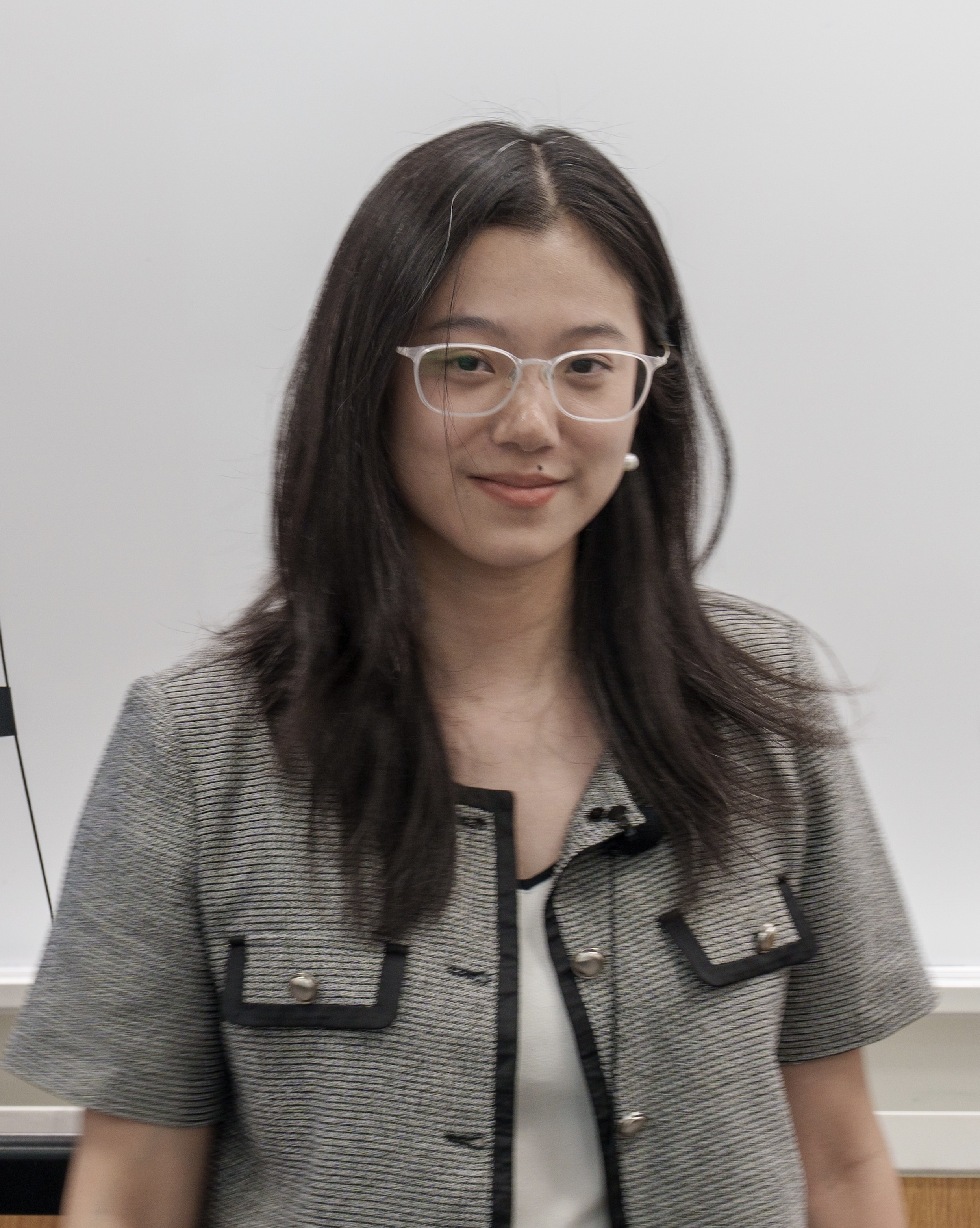Yang Xianglin 「杨芗琳」

I am currently a research fellow at the National University of Singapore under Prof. Dong Jin Song. Before that, I received my Ph.D. degree from NUS in 2025 and my bachelor's degree from Fudan University in 2020.
My research interests lie in building trustworthy and reliable AI, with a focus on:
- AI Safety & Robustness: Defending LLMs against adversarial attacks (jailbreaking, bias manipulation), securing autonomous agents, and benchmarking vulnerabilities in multi-modal systems.
- Interpretability & Debugging: Developing interactive visualization and explanation techniques to understand and diagnose the behavior of deep learning models during training and inference.
- Efficient & Scalable Machine Learning: Exploring methods like sharpness-aware minimization and advanced sampling for more efficient model fine-tuning and exploration.
I am open to discussions and collaborations. If you are interested in my research, feel free to reach out.
RECENT NEWS 🧅
- 08/2025. One paper has been accepted to EMNLP 2025! Congrats to Wang Cheng!
- 11/2024. I will be joining NUS as a Research Fellow!
- 05/2024. I become an MLE intern at ByteDance!
- 01/2024. I become a research intern at Lenovo working on AI Agent!
- 11/2023. I was honored to receive the Dean’s Graduate Award from NUS. Thanks Prof. Dong for the nomination and support!
- 07/2023. Our paper DeepDebugger: An Interactive Time-Travelling Debugging Approach for Deep Classifiers has been accepted to ESEC/FSE 2023!
- 05/2023. Our paper Thompson Sampling with Less Exploration is Fast and Optimal has been accepted to ICML 2023!
- 09/2022. Our paper Debugging and Explaining Metric Learning Approaches: An Influence Function Based Perspective has been accepted to NeurIPS 2022!
- 04/2022. Our paper Temporality Spatialization: A Scalable and Faithful Time-Travelling Visualization for Deep Classifier Training has been accepted to IJCAI 2022!
- 03/2022. Our paper Inferring Phishing Intention via Webpage Appearance and Dynamics: A Deep Vision Based Approach has been accepted to USENIX 2022!
- 02/2022. Our paper DeepVisualInsight: Time-Travelling Visualization for Spatio-Temporal Causality of Deep Classification Training has been accepted to AAAI22 with oral presentation (4%)!
PUBLICATIONS
* co-first author, † corresponding author-
When Audio and Text Disagree: Benchmarking Text Bias in Large Audio-Language Models under Cross-Modal Inconsistencies.
Cheng Wang, Gelei Deng, Xianglin Yang, Han Qiu, Tianwei Zhang.
EMNLP 2025. -
DeepDebugger: An Interactive Time-Travelling Debugging Approach for Deep Classifiers.
Xianglin Yang, Yun Lin, Yifan Zhang, Linpeng Huang, Jin Song Dong, Hong Mei.
ESEC/FSE 2023 . -
Thompson Sampling with Less Exploration is Fast and Optimal.
Tianyuan Jin, Xianglin Yang, Xiaokui Xiao, Pan Xu.
ICML 2023 . -
Debugging and Explaining Metric Learning Approaches: An Influence Function Based Perspective.
Ruofan Liu, Yun Lin, Xianglin Yang, Jin Song Dong.
NeurIPS 2022 . -
Temporality Spatialization: A Scalable and Faithful Time-Travelling Visualization for Deep Classifier Training.
Xianglin Yang, Yun Lin, Ruofan Liu, Jin Song Dong.
IJCAI 2022 . [code] [website] -
Inferring Phishing Intention via Webpage Appearance and Dynamics: A Deep Vision Based Approach.
Ruofan Liu, Yun Lin, Xianglin Yang, Siang Hwee Ng, Dinil Mon Divakaran, Jin Song Dong.
USENIX Security 2022 . [code] [website] -
DeepVisualInsight: Time-Travelling Visualization for Spatio-Temporal Causality of Deep Classification Training.
Xianglin Yang, Yun Lin, Ruofan Liu, Zhenfeng He, Chao Wang, Jin Song Dong, and Hong Mei.
AAAI 2022. [oral presentation, 4.5%]. [paper] [video] [code] [website]
EXPERIENCE
-
(Jun 2024 - Aug 2024) MLE Intern @ ByteDance, Shanghai, China
-
(Jan 2024 - May 2024) Research Intern @ Lenovo, Beijing, China
-
(Jul 2019 - Oct 2020) Research Assistent @ National University of Singapore, Singapore
EDUCATION
-
(Aug 2020 - Feb 2025) Ph.D. @ NUS, School of Computing
-
(Sep 2016 - Jul 2020) B.S. @ Fudan University, School of Computer Science and Technology
Academic Service
- Senior PC: CIKM 25
- Reviewer: ICLR 25/26, ICML 22/25/26, NeurIPS 25, IJCAI 25/26, AAAI 26, CVPR 26
- Sub-reviewer: ESEC/FSE 23, WWW 22/26
AWARDS
- Dean's Graduate Research Excellence Award (2024)
- First prize in Research Prototype Competition in ChinaSoft with "Deep Classifier Oriented Interactive Debugger". video (2022)
- NUS SOC Research Achievement Award (2022)
- Scholarship of Fudan University for Outstanding Students (2017 & 2018 & 2020)
CONTACT
COM3-02-20,
Computing 2,
15 Computing Drive,
National University of Singapore,
Singapore, 117418
© 2025 August YANG Xianglin | Powered by Skeleton and Jiarui Gan's template | Updated 2025-10-22